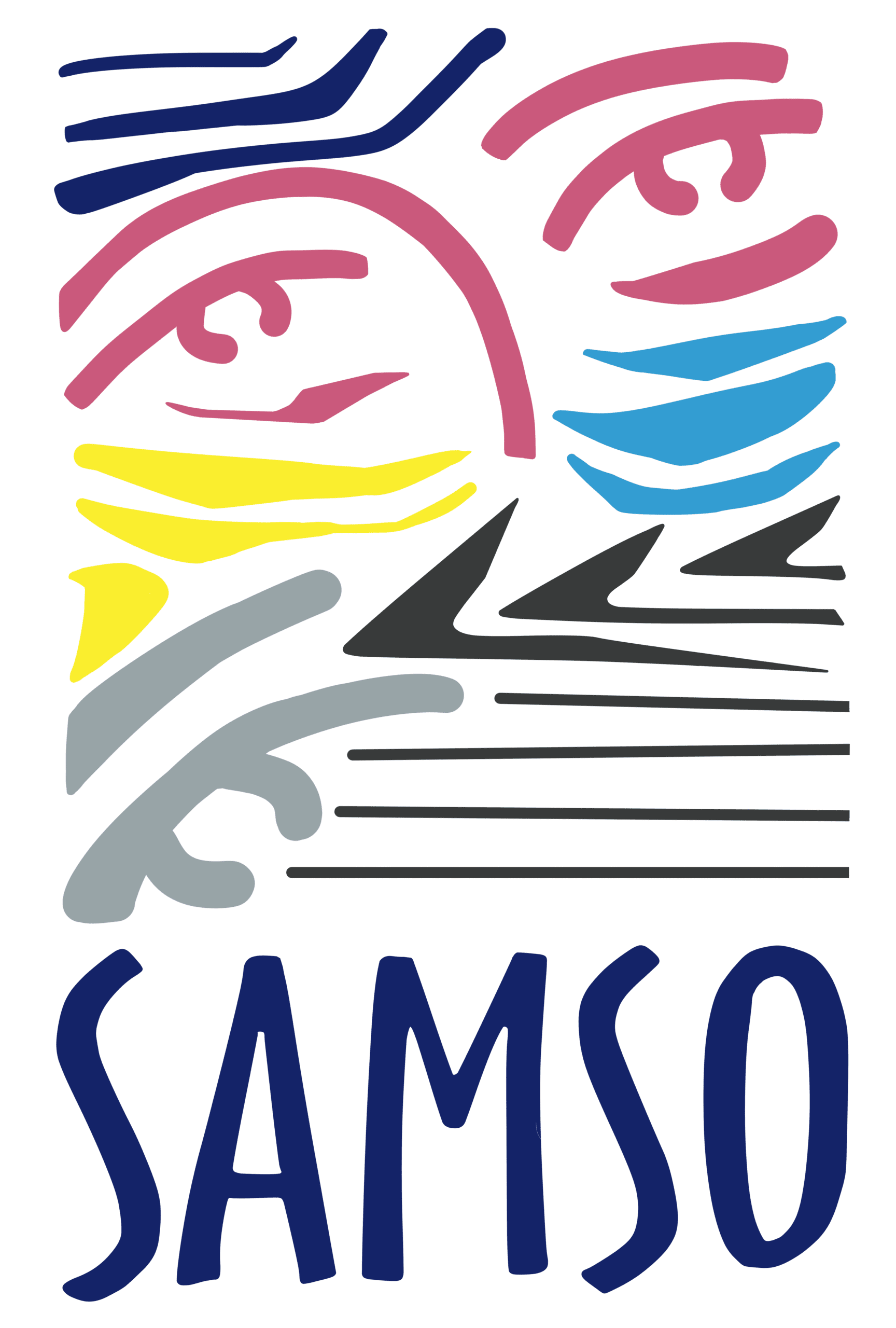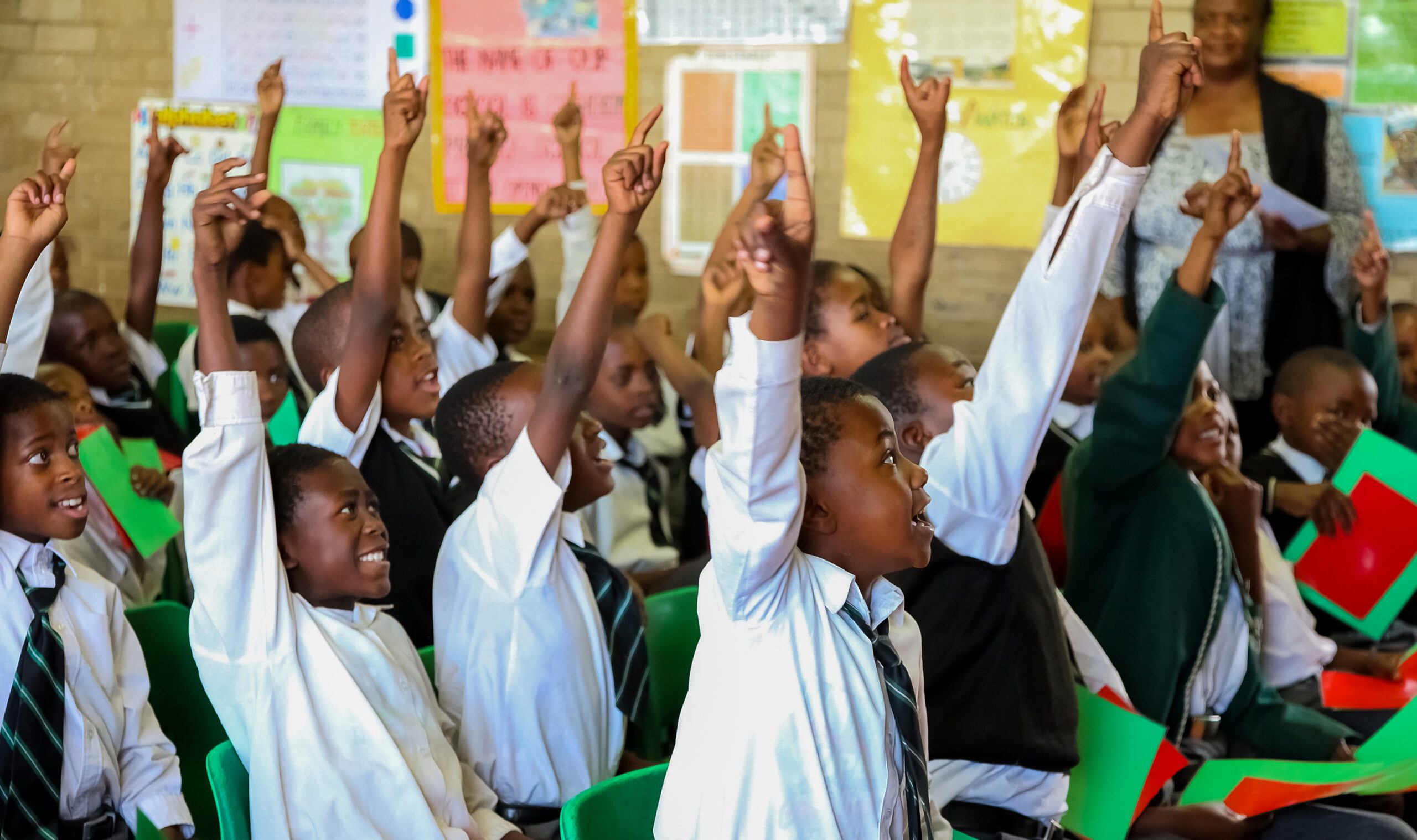Africa is a continent rich in diversity, culture, and untold stories, yet its narrative has often been shaped by external perspectives. However, a transformative movement is underway, led by African photographers who are reclaiming the narrative and showcasing the continent’s vibrancy through their unique lenses. This article explores the significance of Africa photography, the voices behind the camera, and the impact of their work on both local and global perceptions.
The Power of Representation
Challenging Stereotypes
For decades, the portrayal of Africa in global media has been dominated by negative stereotypes, often depicting the continent as a place of poverty and despair. This narrow view fails to capture the complexity and richness of African life. African photographers are challenging these stereotypes by presenting a more nuanced and authentic representation of their communities.
- Diverse Narratives: By focusing on everyday life, cultural celebrations, and the resilience of their people, these photographers are reshaping the narrative around Africa.
- Empowerment Through Storytelling: Each photograph tells a story, empowering individuals and communities to share their experiences and perspectives.
The Role of Technology
The advent of affordable cameras and smartphones has democratized photography, allowing a new generation of African photographers to emerge. This technological shift has enabled them to document their realities and share their stories with a global audience.
- Accessibility: With the rise of social media platforms, photographers can now showcase their work without the need for traditional gatekeepers.
- Global Reach: Their images can reach audiences worldwide, fostering a greater understanding of Africa’s diverse cultures and challenges.
Celebrating African Women Photographers
A New Wave of Voices
The #AfricaThroughHerLens campaign highlights the contributions of African women photographers, who have historically been underrepresented in the visual arts. This initiative aims to celebrate their creativity and perspectives, showcasing their work across various platforms.
- Empowerment and Visibility: By spotlighting female photographers, the campaign seeks to empower women and encourage them to pursue careers in photography and visual storytelling.
- Diverse Perspectives: Women photographers bring unique insights into the narratives they capture, often focusing on themes such as gender equality, community resilience, and cultural heritage.
Notable Contributors
Several African women photographers are making significant strides in the industry, each with their own unique style and focus.
- Neo Ntsoma (South Africa): A trailblazer in photojournalism, Ntsoma’s work challenges the misrepresentation of Black South Africans in mainstream media.
- Becky Awo Renni (Nigeria): Renni’s documentary photography captures the beauty and struggles of everyday life, highlighting the stories of ordinary people.
The Impact of Africa Photography on Global Perceptions
Shifting Narratives
As African photographers gain recognition, their work is influencing how the continent is perceived globally. By sharing authentic stories, they are helping to dismantle harmful stereotypes and promote a more balanced view of Africa.
- Cultural Exchange: Their photographs foster cultural exchange, allowing audiences to engage with Africa’s rich heritage and contemporary issues.
- Inspiring Change: By highlighting social issues through their work, photographers are inspiring action and advocacy for change within their communities.
Collaborations and Partnerships
The rise of Africa photography has led to collaborations between local photographers and international organisations, further amplifying their voices.
- Support for Local Talent: Initiatives that prioritise local photographers ensure that the narratives presented are authentic and rooted in the communities they depict.
- Global Platforms: Exhibitions and festivals dedicated to African photography provide opportunities for artists to showcase their work and connect with a broader audience.
The Future of Africa Photography
Emerging Trends
The future of Africa photography is bright, with emerging trends that promise to further enrich the visual landscape of the continent.
- Participatory Photography: This approach encourages community involvement in the storytelling process, allowing individuals to capture their own narratives.
- Digital Storytelling: The integration of multimedia elements, such as video and audio, enhances the storytelling experience, making it more immersive and engaging.
Empowering the Next Generation
As the movement continues to grow, it is essential to invest in the next generation of African photographers.
- Education and Training: Providing access to photography education and resources will empower young artists to develop their skills and share their stories.
- Mentorship Programs: Establishing mentorship initiatives can help nurture talent and provide guidance to aspiring photographers.
Conclusion
Africa photography is more than just an art form; it is a powerful tool for change. By reclaiming the narrative and showcasing the continent’s beauty, resilience, and diversity, African photographers are reshaping perceptions both locally and globally. As we celebrate their contributions, it is crucial to continue supporting and amplifying their voices, ensuring that the stories of Africa are told by those who live them. Through their lenses, we can gain a deeper understanding of the continent and its people, fostering a more inclusive and accurate representation of Africa in the global narrative.
This article captures the essence of Africa photography, highlighting the importance of representation, the role of women photographers, and the impact of their work on global perceptions. By embracing the stories of African photographers, we can contribute to a more nuanced understanding of the continent and its rich cultural tapestry.


Leave a Reply